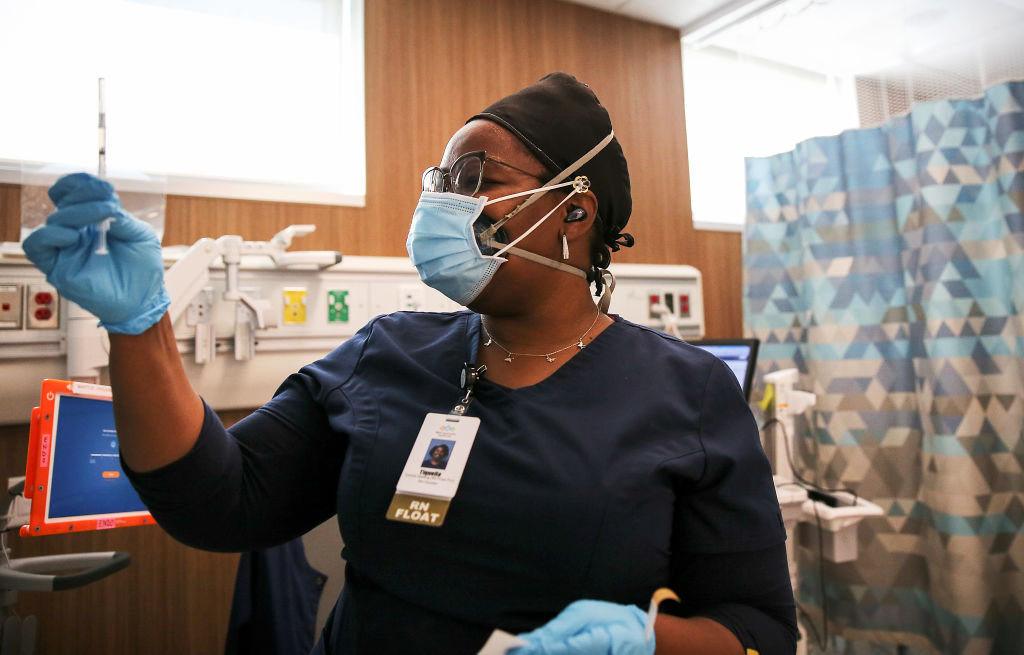Travel nurses work on short-term contracts and may require long commutes and temporary living away from home. Many times, you will have to get used to new colleagues, new protocols, and a new workplace.
So why do staff nurses leave stable jobs to become travel nurses?
Well, for one thing, they get paid more. But research I conducted shows that nurses in the United States have other reasons besides making more money.
To conduct this study, I interviewed 27 registered nurses based in various locations.
Many of the people I interviewed revealed that they quit regular jobs to combat burnout. They welcomed the pay increase, but travel nursing also gave them autonomy over when and where they worked. That autonomy allowed them to pursue personal and professional interests that were meaningful to them, and made some other hassles, such as long commutes, worthwhile.
In addition to making more money, travel nursing “gives you the opportunity to explore different areas,” says a nurse I'll call Cynthia, because research rules require anonymity. Ta. “Actually living there for three months really immerses you in the area and gives you the opportunity to really interact with the locals and really get to know the area, not just the touristy stuff.”
Other study participants said they enjoyed the novelty and educational opportunity.
“I never get bored or get stuck in a routine,” Michelle said. “You're always trying to learn new policies of new hospitals, new doctors, nursing staff, new ways of doing things, where equipment is located. That way you don't burn out too quickly. ”
Patricia said: She learns a lot by going from place to place. ”
why is it important
Before the COVID-19 pandemic began, many nurses in the United States had temporary jobs.
But in 2020, when hospitals were scrambling to maintain adequate staffing levels as millions of Americans were infected with the coronavirus and many communities were straining their response capacity, traveling nurses became even more widespread.
Compensation varies, but the median salary for registered nurses in 2022 is $81,220, about 35% less than the $110,000 earned by traveling registered nurses.
Traveling nurses may be able to earn even higher premiums now that the coronavirus disease (COVID-19) pandemic is at its height. Many were paid twice as much as staff nurses.
As the number of Americans with severe conditions declined, so did their premiums. However, there are still more than 1.7 million travel nurses in the United States. Hiring them is one of the main ways hospitals address the long-term nursing shortage.
But as I discovered in another research project, nurses with full-time jobs resent the system when they learn how much more traveling nurses earn for doing the same work. may be established.
What other research is being done?
Research supports widely reported trends. That means more Americans are working temporary or freelance jobs than ever before.
Traveling nurses help meet the staffing needs of hospitals, nursing homes, and clinics, but there are signs that patient care may not always be as successful.
A Canadian study also found that retention rates can increase when hospitals allow nurses to work part-time or offer other alternatives.
Research Briefs are short excerpts about interesting academic research.![]()
This article is republished from The Conversation under a Creative Commons license. Read the original article.
Get the morning headlines delivered to your inbox


